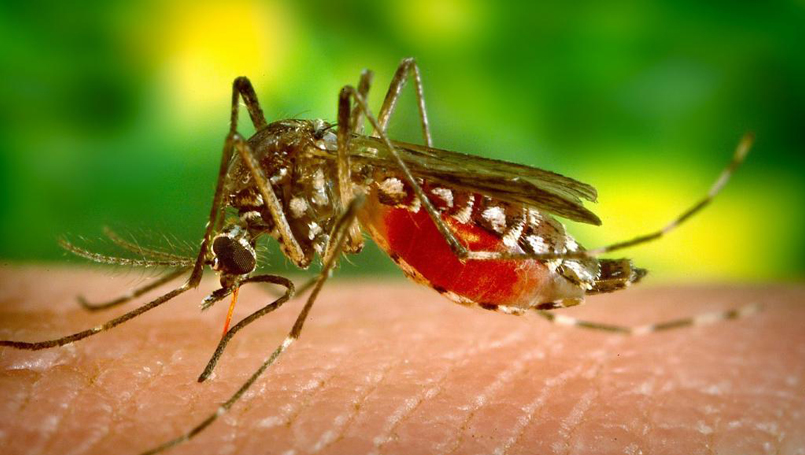Monday, April 11, 2016

Pregnant women exposed to the Zika virus, either by mosquito bite or through sexual transmission, should be evaluated regularly by ultrasound, beginning at 18-22 weeks gestation and every three to four weeks afterwards, Beaumont Health researchers recommend.
These findings and others appear today in an online version of the Journal of Maternal-Fetal & Neonatal Medicine.
“This information is significant to Southeast Michigan because with so many automotive industry employees, many of our residents are required to travel to affected areas,” said Ray Bahado-Singh, M.D., Obstetrics and Gynecology Chair for Beaumont Hospitals, Grosse Pointe, Royal Oak and Troy.
Dr. Bahado-Singh contributed to the research article, along with six other Beaumont health physicians including lead authors Samuel T. Bauer, M.D., Obstetrics and Gynecology Medical Director, Outpatient Perinatal Clinical Services & Perinatal Outreach; and Chris Carpenter, M.D., Section Head Infectious Disease and Internal Medicine, Beaumont Hospital, Royal Oak.
“Zika is not only contracted by bites from infected mosquitos,” Dr. Bahado-Singh said. “But through sexual transmission. The virus has been found in semen up to 62 days after infection.”
Beaumont Health experts recommend women at risk for sexual transmission require their partners to use a condom, especially during pregnancy.
“Regardless of whether a pregnant woman has clinical symptoms of Zika infection, if she has traveled to or lives in an endemic area, the Centers for Disease Control and Prevention, American College of Obstetricians and Gynecologists and Society for Maternal-Fetal Medicine, now recommend that she undergo antibody testing,” Dr. Bauer stressed. “Patients can undergo a comprehensive screening and evaluation through the Divisions of Maternal-Fetal Medicine and the Section of Infectious Diseases and International Medicine at Beaumont Health.”
The research paper was developed to address the flood of patient concerns and provide attending physicians with a framework for disease management, Dr. Bahado-Singh said.
What is Zika?
Zika is a mosquito-transmitted virus discovered in the Zika forest in Uganda in 1947. The first recorded cases in the Western Hemisphere occurred in May, 2015, during an outbreak in Brazil.
At the same time – January to mid-November 2015 -- incidence of microcephaly in Brazilian newborns has increased from an average of 10 cases per year to 141.
In response to these developments, the Centers for Disease Control and Prevention in Atlanta is recommending pregnant women avoid travel to more than thirty countries, mostly in the Caribbean and Latin America, where the virus is prevalent.
As many as 4 million people worldwide may be infected by the end of this year and 52 travel-associated Zika infections have been reported through Feb. 10 in the United States.
Signs and Symptoms
Symptoms of Zika infection are vague and can last up to a week. These include fever, rash, joint pain, red eyes, muscle pain, headache, pain behind the eyes and vomiting. Only one in four people affected exhibit symptoms. Diagnosis is confirmed with a blood test.
In utero outcomes include fetal death, placental insufficiency, fetal growth restriction and central nervous system damage, including microcephaly.
Although clinical effects in adults are generally mild, researchers are studying a link between the mosquito-borne virus and Guillain-Barre syndrome, a post-infection complication that can lead to temporary paralysis.
